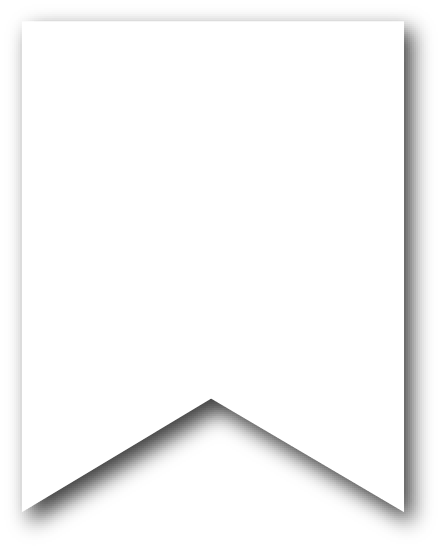(An internal update decided it wanted to save the an older version of this webpage.)
March 12-18th marks National Pulmonary Rehab Week. It highlights the importance of pulmonary rehab programs to people’s lung health.


What is Pulmonary Rehab?1
- These programs help those living with lung disease
- Improve lung function
- Reduce symptom severity
- Improve quality of life
- Pulmonary rehab provides education and exercise to increase awareness about lungs and the disease the person is living with
- The rehab team includes multiple health professionals who work together to meet individual needs. The team includes:
- Doctors
- Nurses
- Physical therapists
- Respiratory therapists
- Exercise specialists
- Dietitians
- It is usually recommended for those who
- Have lung disease
- Experience shortness of breath frequently and
- Are not able to perform daily activities despite daily use of medication
- Programs can be found at Regional Programs – NWCVPR – Northwest Association of Cardiovascular and Pulmonary Rehabilitation (aacvpr.org).
Note: unfortunately, Leonard passed away from COPD. This story touches on that and may be heavy for some, especially if you’re dealing with the loss of a loved one currently.
Source: Tips from a Former Smoker, Leonard (Leonard N.’s Story | Real Stories | Tips From Former Smokers | CDC)
Why Are We Highlighting This on a Smokefree Housing Website?3,4,5,6
Smoking and secondhand smoke exposure both cause lung disease. E-cigarettes contain some of the same chemicals as cigarettes, which are known to cause lung disease. Marijuana can harm lung health as well.
Pulmonary and cardiac rehab programs are largely limited to the road system in Alaska. Preventing secondhand smoke exposure can help reduce how many people develop lung disease. Not smoking a vaping can do so as well.
This reduction can help our friends outside the road system have more timely access to necessary treatments. (Folks on the road system: it’s easy to get in the mindset that everyone has easy access to appropriate services. I’ve been there. Please remember it’s not always the case.)
This is not to say it’s only the responsibility of those on the road system to not smoke or avoid secondhand smoke. Everyone is encouraged to do so, regardless of where they live. Lung disease can also be caused by other things, such as air pollution. But reduction of factors that lead to lung disease anywhere can help reduce lung disease.
If you work in pulmonary rehab, we appreciate what you do to help improve the lives of those living with lung disease.
Source: CDC’s Tips from a Former Smoker, Michael – Tlingit & veteran (Michael P.’s Story | Real Stories | Tips From Former Smokers | CDC)
I Want to Quit
- Call the Alaska State Quitline at 1-800-QUIT-NOW. You can also text READY to 200-400.
- Teens can visit Live Vape Free or Not For Me. Prefer texting? Text VAPEFREE to 873373.
- Veterans can call the VA’s Quitline at 1-800-QUIT-VET
- American Lung Association: resources for quitting smoking for adults and teens. Also provides information for those who want to support someone in their quit journey.
- For more information and tips, check out gov.
I Want to Help Someone Quit
Healthcare professionals
- Ask, Advise, Refer to Quit Don’t Switch (lung.training): free, one-hour, on-demand course that touches on tools and strategies for conducting an effective brief tobacco intervention with those who use tobacco. This course is accredited for 1 hour of Continuing Medical Education (CME) by Rehoboth McKinley Christian Health Care Services (RMCHCS) and 1 Continuing Education Unit (CEU) by the American Association of Respiratory Care.
- ACT to Address Youth Cessation (lung.training): free, one-hour, on-demand course that touches on ways to provide a brief intervention for teens who use tobacco. School personnel and community members in youth/adolescent supportive roles are welcome to take this as well.
Anyone Who Wants to Help
- Help Someone Quit Smoking | American Lung Association: check out tips to support someone in their quit journey
- TalkAboutVaping.Org: parents/caregivers/any adult who are interested in talking to kids about vaping
Make Your Home Smokefree
The American Lung Association in Alaska can help those affiliated with multiunit housing with concerns around smoking and secondhand smoke. Whether you’re a resident or a landlord, contact us at SmokefreeHousingAK@Lung.Org for free assistance.
References



